Search titles
Displaying results 251 to 260 of 370.
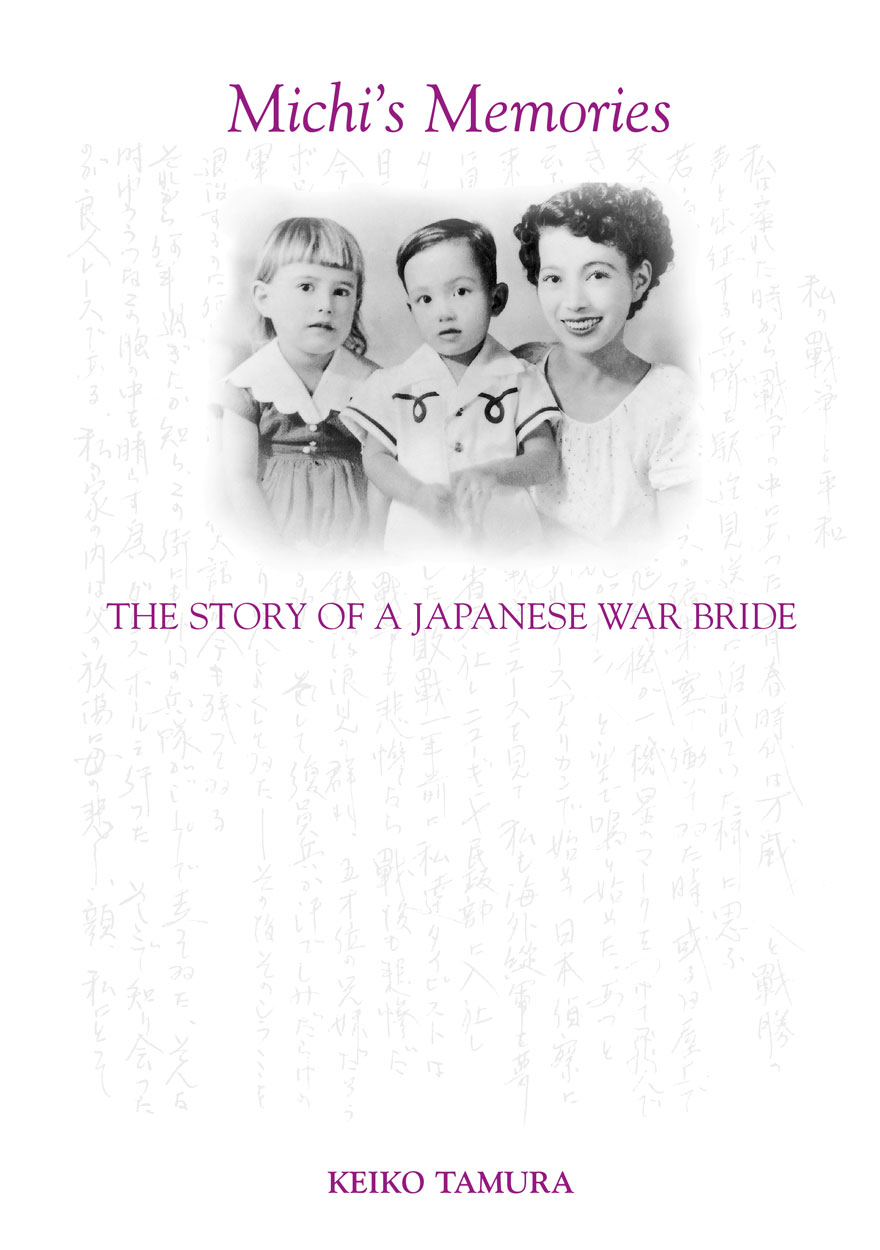
Michi's Memories »
The Story of a Japanese War Bride
Authored by: Keiko Tamura
Publication date: September 2011
This book tells the story of Michi, one of 650 Japanese war brides who arrived in Australia in the early 1950s. The women met Australian servicemen in post-war Japan and decided to migrate to Australia as wives and fiancées to start a new life. In 1953, when Michi reached Sydney Harbour by boat with her two Japanese-born children, she knew only one person in Australia: her husband. She did not know any English so she quickly learned her first English phrase, “I like Australia”, in the car on the way from the harbour to meet her Australian family. In the last fifty years, she brought up seven children while the family moved from one part of Australia to another. Now, in her eighties, she leads a peaceful life in Adelaide, but remains active in many ways. Her voice is full of life and she looks and sounds much younger than her age.
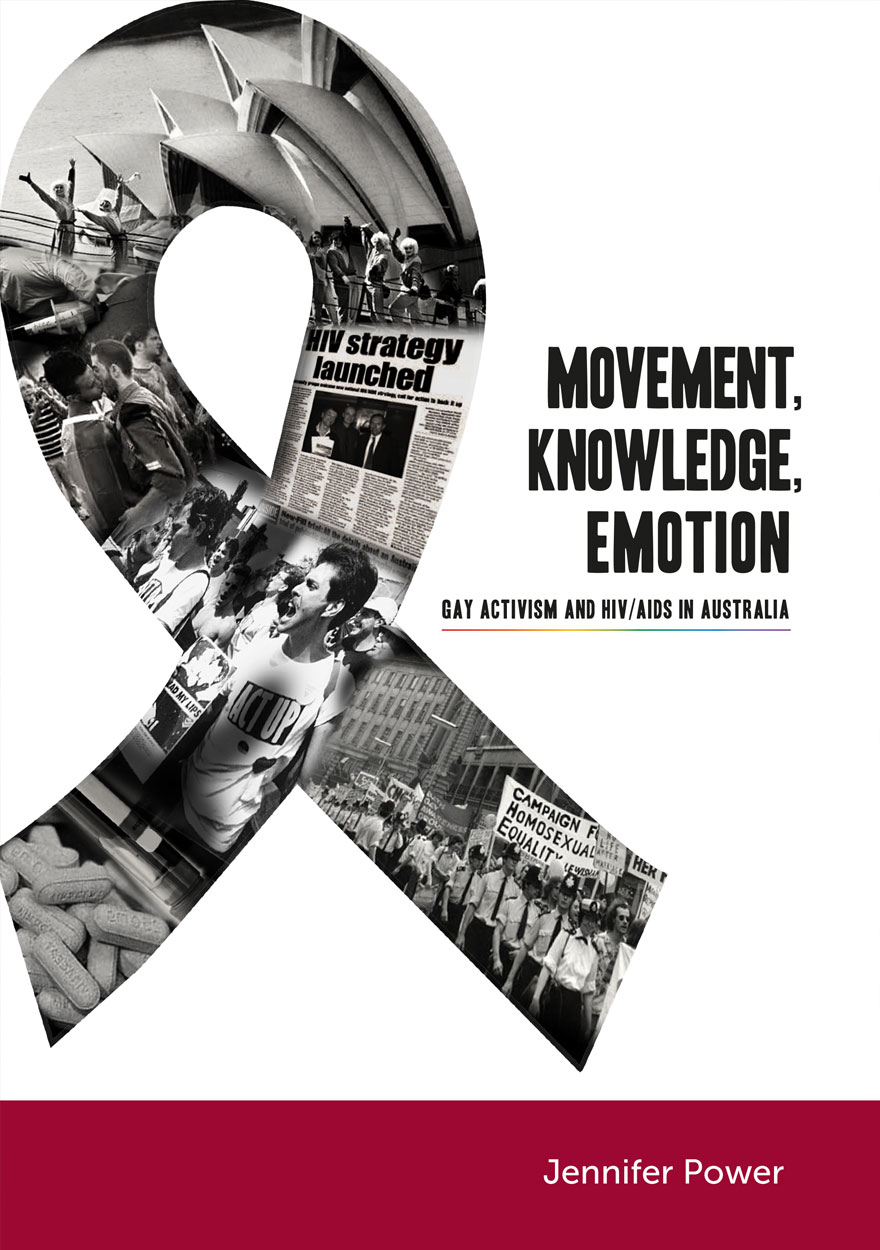
Movement, Knowledge, Emotion »
Gay activism and HIV/AIDS in Australia
Authored by: Jennifer Power
Publication date: September 2011
This book is about community activism around HIV/AIDS in Australia. It looks at the role that the gay community played in the social, medical and political response to the virus. Drawing conclusions about the cultural impact of social movements, the author argues that AIDS activism contributed to improving social attitudes towards gay men and lesbians in Australia, while also challenging some entrenched cultural patterns of the Australian medical system, allowing greater scope for non-medical intervention into the domain of health and illness. The book documents an important chapter in the history of public health in Australia and explores how HIV/AIDS came to be a defining issue in the history of gay and lesbian rights in Australia.
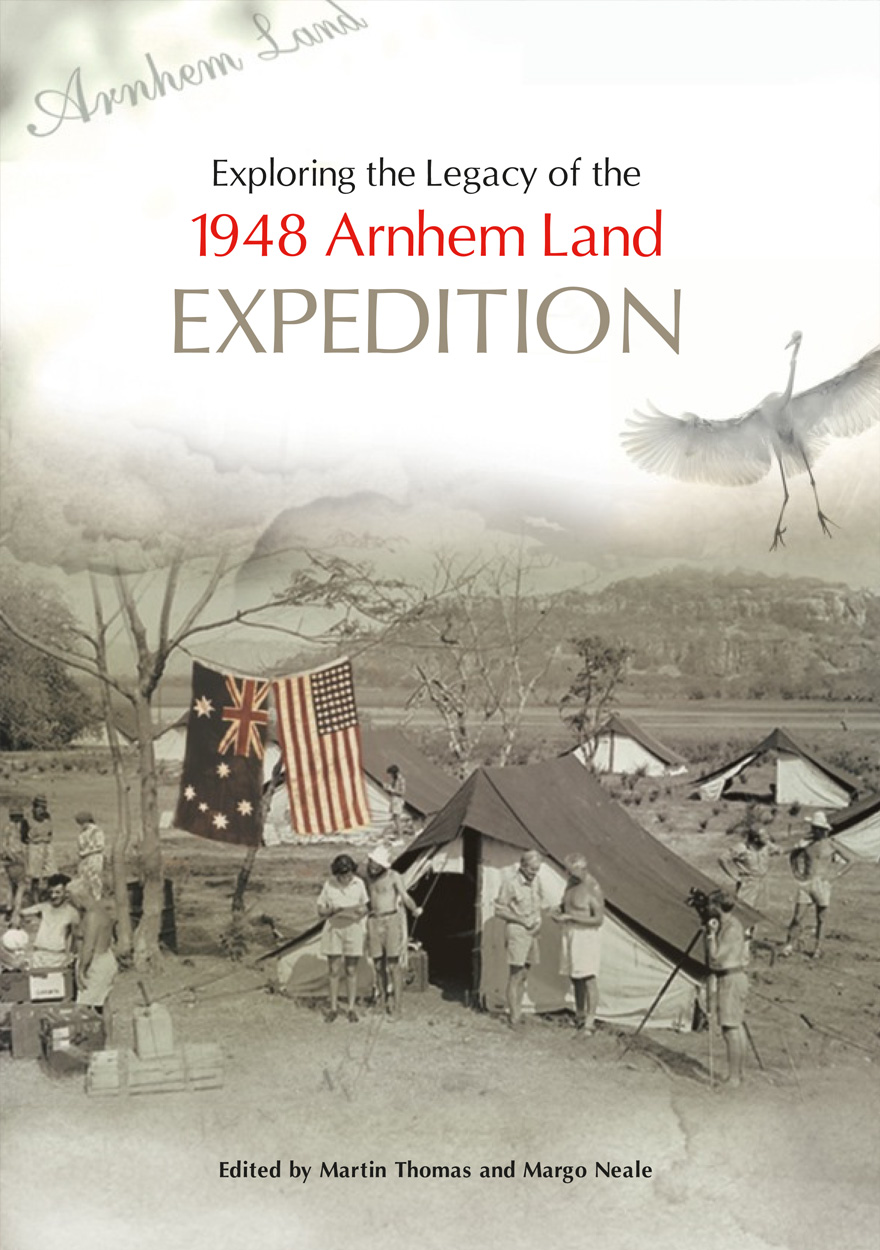
Exploring the Legacy of the 1948 Arnhem Land Expedition »
Edited by: Martin Thomas, Margo Neale
Publication date: June 2011
In 1948 a collection of scientists, anthropologists and photographers journeyed to northern Australia for a seven-month tour of research and discovery—now regarded as ‘the last of the big expeditions’. The American–Australian Scientific Expedition to Arnhem Land was front-page news at the time, but 60 years later it is virtually unknown. This lapse into obscurity was due partly to the fraught politics of Australian anthropology and animus towards its leader, the Adelaide-based writer-photographer Charles Mountford. Promoted as a ‘friendly mission’ that would foster good relations between Australia and its most powerful wartime ally, the Expedition was sponsored by National Geographic, the Smithsonian Institution and the Australian Government. An unlikely cocktail of science, diplomacy and popular geography, the Arnhem Land Expedition put the Aboriginal cultures of the vast Arnhem Land reserve on an international stage.
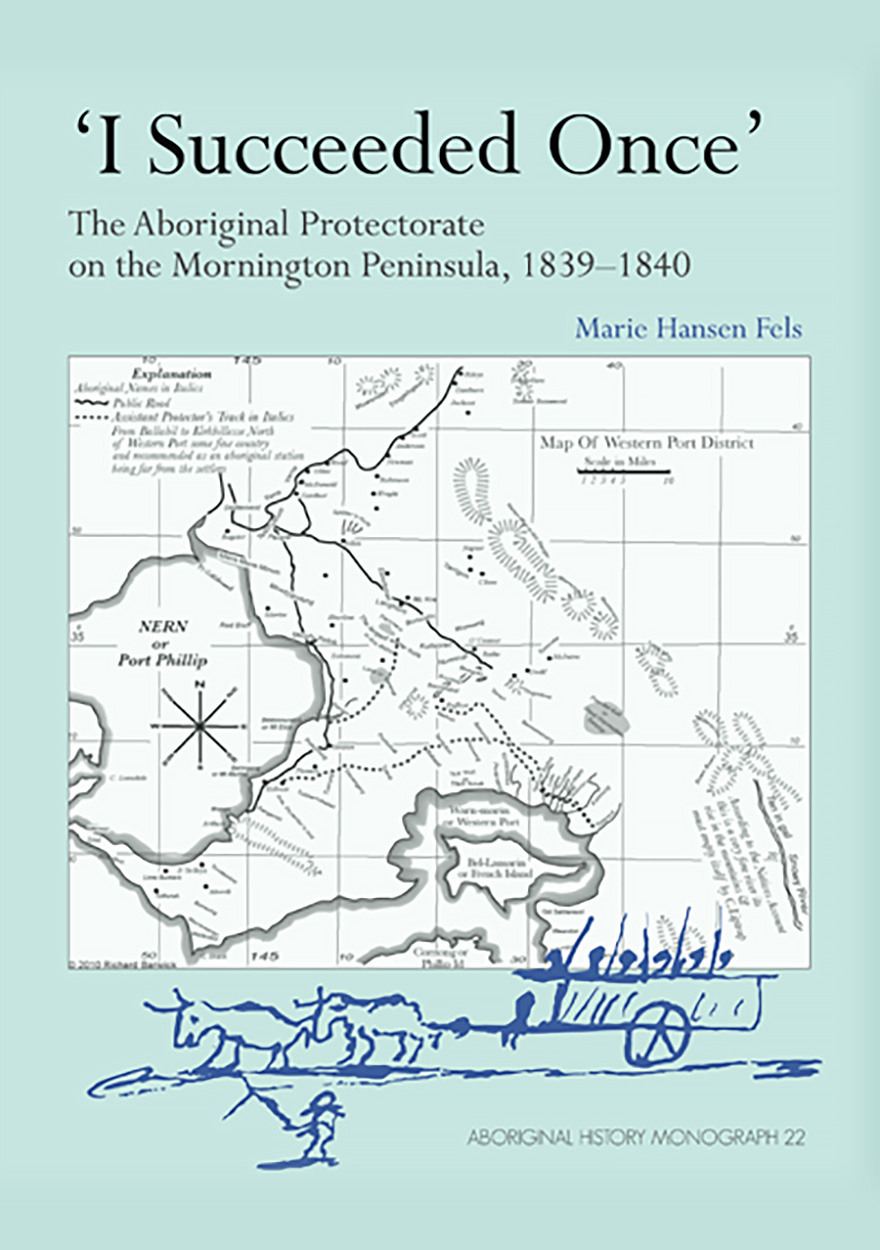
'I Succeeded Once' »
The Aboriginal Protectorate on the Mornington Peninsula, 1839–1840
Authored by: Marie Hansen Fels
Publication date: May 2011
In ‘I Succeeded Once’ – The Aboriginal Protectorate on the Mornington Peninsula, 1839-1840, Marie Fels makes the work of William Thomas accessible to anthropologists, archaeologists, historians and the descendants of the Aboriginal people he wrote about. More importantly, people who live, work, study, holiday or just have a general interest in the area from Melbourne to Point Nepean can learn about the original inhabitants who walked the land before it was cleared for agriculture and urban development. Of course, development of the Mornington Peninsula is ongoing and this book will help those involved in development or the management of Aboriginal cultural heritage to identify, document and protect Aboriginal places that may not be identifiable through archaeological investigations alone. Marie Fels supplements Thomas’s writings with other contemporary accounts and her exhaustive historical research sheds new light on critical events and the significant places of the Boon Wurrung people. Of particular importance is the critical review of information about the kidnapping of Boon Wurrung people from the Mornington Peninsula.
Winner of the Best Community Research, Register, Records at the Community History Awards by the Royal Historical Society of Victoria and the Public Record Office of Victoria in 2011.
For more information on Aboriginal History Inc. please visit aboriginalhistory.org.au.

R. G. Menzies Scholarships to Harvard 1968—2010 »
Menzies Scholarship Selection Committee
Edited by: Karen Holt, Kim Rubenstein
Publication date: April 2011
Since the R.G. Menzies Scholarships to Harvard were established in 1967, sixty-three Australian Menzies Scholars have been sent to study at Harvard. This book derives from the Menzies Scholars themselves: it is a collection of reminiscences and stories about their experiences at Harvard and the influence that the Menzies Scholarship has had on their careers and achievements in life. This commemorative volume was presented to Professor James Fox at a dinner for Menzies Scholars held in April 2011 at the Australian National University, to thank Professor Fox for his 33 years of distinguished service to the Menzies Scholarship Selection Committee.

Prime Ministers at The Australian National University »
An Archival Guide
Authored by: Michael Piggott, Maggie Shapley
Publication date: March 2011
The ANU Archives holds records about all 27 Australian prime ministers in the Noel Butlin Archives Centre and in the university's own archives. Prime ministers have been supporters, visitors, Council members, fellows, students, and even Chancellor of the Australian National University. Prime ministers have also been trade unionists and businessmen, and have been lobbied by trade unions, companies and industry associations, leaving their traces in the business and trade union collections of the Noel Butlin Archives Centre.
The authors, Michael Piggott (Australian Prime Ministers Centre fellow) and Maggie Shapley (ANU University Archivist), bring their considerable archival knowledge to the task of mapping prime ministers in the archival landscape and highlighting the prime ministerial riches which are found in the archives. The guide offers an extensive listing of relevant subject and personal files, minutes of meetings, rare printed items, photographs and audiovisual material, dating from the 19th to the 21st century, and ten short studies showing how these records might be used.
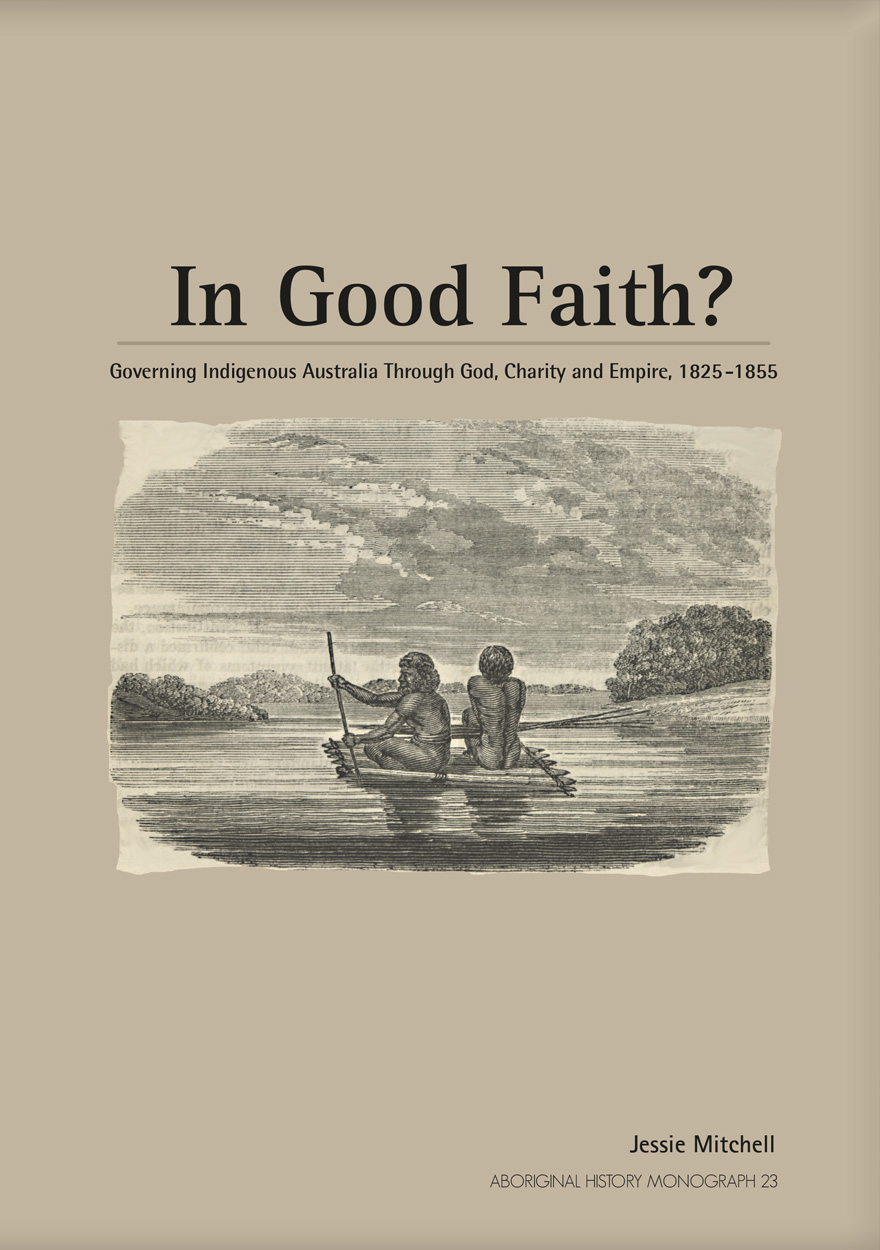
In Good Faith? »
Governing Indigenous Australia through God, Charity and Empire, 1825-1855
Authored by: Jessie Mitchell
Publication date: January 2011
In the early decades of the 19th century, Indigenous Australians suffered devastating losses at the hands of British colonists, who largely ignored their sovereignty and even their humanity. At the same time, however, a new wave of Christian humanitarians were arriving in the colonies, troubled by Aboriginal suffering and arguing that colonists had obligations towards the people they had dispossessed. These white philanthropists raised questions which have shaped Australian society ever since.
Did Indigenous Australians have rights to land, rationing, education and cultural survival? If so, how should these be guaranteed, and what would people have to give up in return? Would charity and paternalism lead to effective government or dismal failure – to a powerful defence of an oppressed people, or to new forms of oppression?
In Good Faith? paints a vivid picture of life on Australia’s first missions and protectorate stations, examining the tensions between charity and rights, empathy and imperialism, as well as the intimacy, dependence, resentment and obligations that developed between missionary philanthropists and the people they tried to protect and control. In this work, Mitchell brings to life hitherto neglected moments in Australia’s history, and traces the origins of dilemmas still present today.
For more information on Aboriginal History Inc. please visit aboriginalhistory.org.au.

Aboriginal History Journal: Volume 34 »
Edited by: Shino Konishi, Maria Nugent
Publication date: January 2011
In this volume, Mitchell Rolls reconsiders the question of silence in Aboriginal history by examining a wide range of literature on Indigenous themes, which was produced during the period dubbed by W.E.H. Stanner as the ‘Great Australian Silence’. Felicity Jensz uncovers the significance of matrimony in Moravian missionaries’ attempts to Christianise Aboriginal people in the nineteenth century, and Anne McGrath traces the history and continuing legacy of relationships between Aboriginal and Irish people in Australia. Meg Parsons’ study is focused on Sir Raphael Cilento, an often overlooked figure who oversaw Queensland’s Aboriginal leprosy management strategies in the 1930s and the establishment of the Fantome Island leprosarium. Pamela McGrath and David Brooks examine William Grayden’s 1957 film Their Darkest Hour, and how it was interpreted by contemporary audiences, Indigenous activists and, finally, the Ngaanyatjarra people’s perceptions of the film now. Martin Thomas looks at the 1948 American–Australian Scientific Expedition to Arnhem Land, the Indigenous response to it and its continuing legacy. Sylvia Kleinert discusses the little-known history of Bill Onus’s Aboriginal Enterprises, a tourist outlet that fostered an influential Indigenous art scene in Melbourne and its impact on Aboriginal identity formation in south-eastern Australia. Jessie Mitchell examines questions of Aboriginal cultural performance in her study of the Aboriginal reception of Prince Alfred’s 1868 royal tour. Finally, Petter Naessan gives a rich linguistic history of the name Coober Pedy, evaluating a range of sources each claiming different Indigenous etymological origins of the name.
Aboriginal History Inc. is a publishing organisation based in the Australian Centre for Indigenous History, Research School of Social Sciences, The Australian National University, Canberra.
For more information on Aboriginal History Inc. please visit aboriginalhistory.org.au.
Download for free
Not available for purchase

Geology at ANU (1959–2009) »
Fifty years of history and reminiscences
Edited by: Judith Caton
Authored by: Mike Rickard
Publication date: December 2010
This history was undertaken to celebrate the 50th anniversary of the Geology Department at ANU, and to honour its founding professor David A. Brown. It includes contributions from some 100 former students outlining their career successes.
This history was compiled by Dr Mike Rickard, a staff member of the Department of Geology from 1963 to 1997, who also served as Head of Department for seven years. He graduated BSc and PhD from Imperial College London in 1957 and has specialised in mapping the structure of mountain chains in Ireland, Canada, Norway, and southern South America. He also mapped volcanic rocks for the Geological Survey of Fiji. He taught Structural Geology and Tectonics and has supervised field work in south eastern and central Australia. After retirement he has taught U3A courses in Earth Science.

Indigenous Participation in Australian Economies »
Historical and anthropological perspectives
Edited by: Ian Keen
Publication date: December 2010
This volume seeks to contribute to the body of anthropological and historical studies of Indigenous participation in the Australian colonial and post colonial economy. It arises out of a panel on this topic at the annual conference of the Australian Anthropological Society, held jointly with the British and New Zealand anthropological associations in Auckland in December 2008. The panel was organised in conjunction with an Australian Research Council (ARC) Linkage Grant project on Indigenous participation in Australian economies involving the National Museum of Australia as the partner organisation and the School of Archaeology and Anthropology at The Australian National University.
The chapters of the volume bring new theoretical analyses and empirical data to bear on a continuing discussion about the variety of ways in which Indigenous people in Australia have been engaged in the colonial and post-colonial economy. Contributions cover settler capitalism, concepts of property on the frontier, Torres Strait Islanders in the mainland economy, the pastoral industry in the Kimberley, doggers in the Western Desert, bean and pea picking on the South Coast of New South Wales, attitudes to employment in general in western New South Wales, relations of Aboriginal people to mining in the Pilbara, and relations with the uranium mine and Kakadu National Park in the Top End. The chapters also contribute to discussions about theoretical and analytical frameworks relevant to these kinds of contexts and bring critical perspectives to bear on current issues of development.



